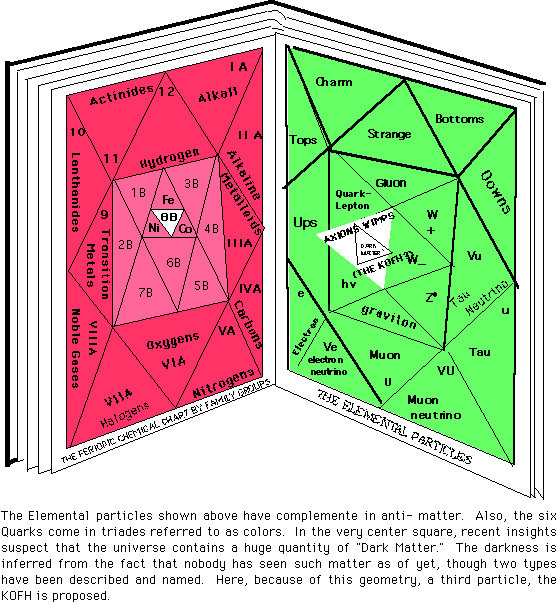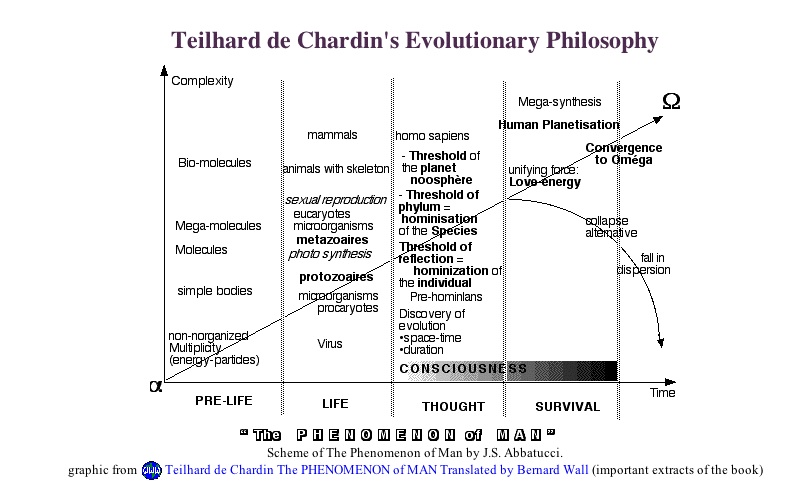I have had the pleasure of having discussion with many different people on this board, and thought I'd share some thoughts as to why the whole theory of evolution debate keeps going ever onward. I think its because the topic of the theory of Evolution is so bogged down with misinformation and confusion, that its becomes very hard to follow or understand in the context of Biology. There is a ton of misinformation floating around about the topic, that I felt the need to make a topic that can answer some common questions as to what the theory of evolution is.
The Theory of Evolution
The theory of evolution is the observation that organism adapt and change to their surroundings through selection pressures from one generation to the next. Those that don't adapt die and go extinct. That is about it. The theory is pretty much a well duh. What makes the theory so useful and revolutionary is not that it states that organisms adapt, but explains how they are able to adapt. Trough years of observation, Charles Darwin noticed and created the first selection pressure that became the foundation of his theory, Natural Selection.
Natural Selection
Natural selection is the mechanism Darwin named in his book "The Origin of Species". Natural selection is basically the observed concept that as long as organism are capable of surviving to procreate, they are considered fit for their environment. Those that don't survive in their ecosystems go extinct. Now natural selection is there to weed out mutations that causes noticable hindrance to an organism. However, neutral mutations and minor damaging mutations can pass from generation to the next and won't be weeded out unless something in the environment changes.
Mutations
Mutations are changes in genetic information that causes differences from each generations. Most mutations are neutral and are observable from generation to the next. Such as height, body proportion, hair color, eye color, facial features, muscle density, etc. basicly all a mutation is, is slightly changing the build or function of an organisms. For Instance we can look at breeds of dogs. We see various aspects of mutations because dogs have multiple fur patterns, colors, eye colors, body types, muscle density, endurance, health problems, jaw strength, etc. do to the specific needs of each breed, the mutations become specific to that breed.
Specieation
Specieation is where biologists draw a line in the genetic boundaries of organisms. Usually this is done when a breaded line can no longer breed with the corresponding lines, but there are exceptions of course. Organisms that share very similar and close genetic similarities can occasionally breed. Examples are Mules and Ligers which are hybrids of Horse/donkey and Lion/Tiger.
Species is a term that is from a long list of terms used in taxonomy and phylogenetic to classify organisms. The order of classification terms are Life, Domain, Kingdom, Phylum, Class, Order, Family, Genus, Species, and sub-Species.
Anyone have any questions that they want addressed. Such as different selection pressures, what defines the difference between the taxonomical ranks, etc?









